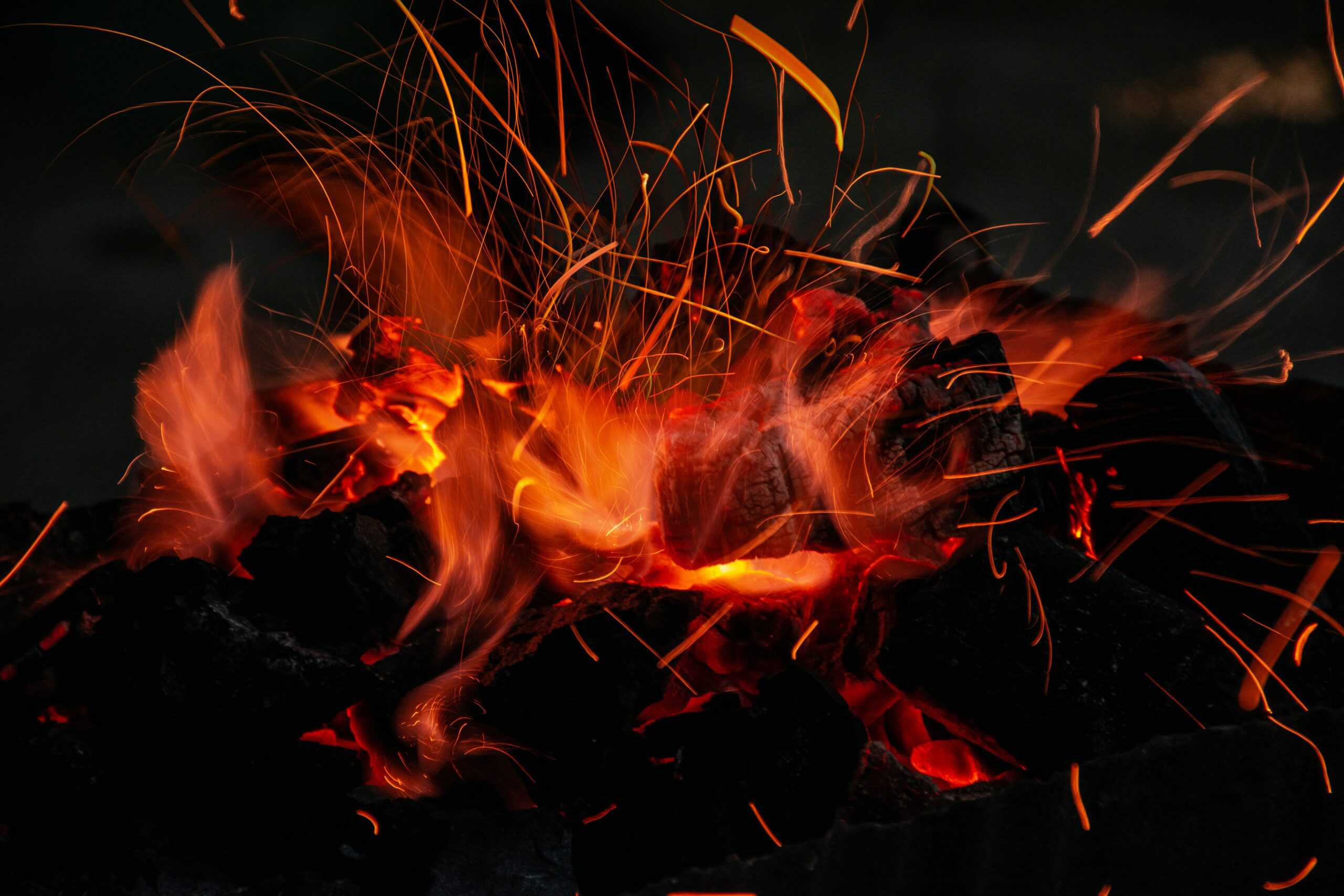
Photo by Mehdi MeSSrro on Unsplash
The best definition for modesty that I have ever heard is this:
Modesty is the virtue that perfects the freedom to both reveal and conceal the treasure in the appropriate way at the appropriate time.
What a wonderful way to think of modesty, and this for a variety of reasons.
To begin with, this definition of modesty upholds the inherent dignity and beauty of the body, as well as avoiding any type of spirit-stifling prudishness. I have all too often heard modesty being defined in a way that somehow seems to make the body an evil thing, a thing to be scorned and therefore forever hidden. In fact, I am willing to bet you have experienced this as well. Have you ever heard someone knock on a closed door and ask, “Are you decent?” What they are really asking is, “Are you clothed?” At times I have been tempted to shout back, “Of course I am decent, but give me a few minutes to put some clothes on!” What underlies the question, however, is a fundamental misunderstanding that denies that the body is good.
God crafted the body and without this great gift we would not be human. It is integral to who we are as persons. The Catechism of the Catholic Church puts it this way:
Man, though made of body and soul, is a unity. Through his very bodily condition he sums up in himself the elements of the material world. Through him they are thus brought to their highest perfection and can raise their voice in praise freely given to the Creator. For this reason man may not despise his bodily life. Rather he is obliged to regard his body as good and to hold it in honor since God has created it and will raise it up on the last day. —CCC 233
The body, therefore is not to be scorned. It is to be respected, however. In some ways the body is like a blazing coal. If the coal is properly cared for, as in a hearth or brazier, it can give life-giving warmth. If a blazing coal is left without a proper context—if it is flung out into the world and carelessly waived all about—then it quickly catches on fire and destroys all that it touches. True modesty recognizes this inestimable power of the body.
Simultaneously, however, modesty does not fear this power. It refuses to squelch or drown out this blazing fire under some misguided notion of safety. Modesty recognizes that to do so is to leave the world a cold, dark place. Instead, modesty teaches us how to direct this fire. In some ways modesty is like the dials on a stovetop. Sometimes you just need to put it on low or warm to get things done. Other times a much more intense setting is required.
This is the beauty of modesty properly understood. True modesty recognizes that there are times when the treasure of the beauty of body (and of course the person themselves) is meant to be shared, celebrated even. Think of the conjugal embrace between husband and wife, for example. Here the body, in all its wonder and awe, is “a way of imitating in the flesh the Creator’s generosity and fecundity” (CCC Church 2335).
So, the next time you hear the word “modesty,” weigh it against the definition above and act accordingly.


Thank you for this! What a blessing to read about modesty in such a positive light. It’s also nice to have Catechism references so we can delve even deeper into the subject.
Jody, it has been my pleasure to write the blog and I am pleased that it is well received! Praised be Jesus Christ!